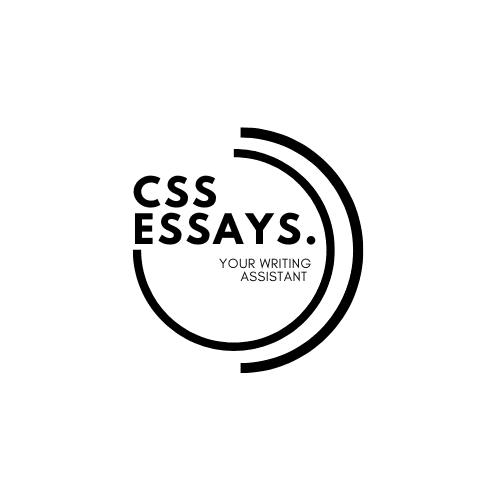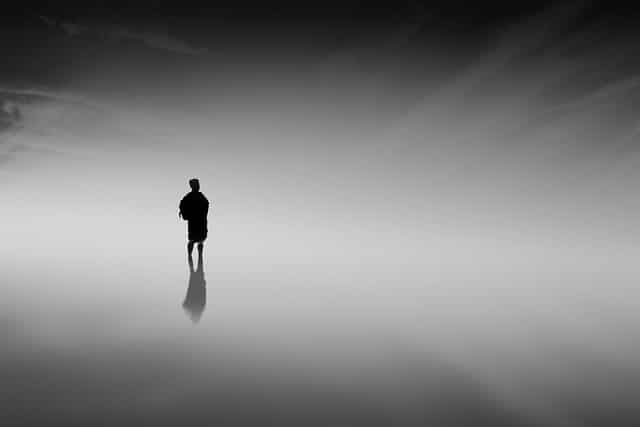Outline
Introduction
- The famous opening sentence Man is Born Free of Jean-Jacques Rousseau’s The Social Contract
- Different interpretations of Rousseau’s words
- Rousseau’s own view of freedom and the chains that bind us
The Chains of Society
- Literal and figurative chains
- Poverty, inequality, and violence
- Fears and prejudices
The General Will
- The only way to break the chains
- A society based on the consent of the governed
Other Limitations on Freedom
- Physical and mental abilities
- Social class and economic status
- Cultural background and religious beliefs
True Freedom
- Not about being free from all limitations
- About being free to choose our own path
- About living our lives to the fullest
Conclusion
- Rousseau’s words still inspire us
- We are all born free
- We should never give up on the fight for freedom
Introduction
Jean-Jacques Rousseau’s opening line from his The Social Contract has long been taken as an interpretation of human nature;. “Man is born free, and everywhere he is in chains,” some see it as an affirmation of human rights; for others. It’s seen more negatively and as evidence that only strong individuals can truly achieve freedom.
Rousseau never provided one definitive interpretation of his words. But, through other parts of The Social Contract, he did offer some hints. Rousseau suggested that humans in nature were basically good and free. Yet entering society to protect their interests resulted in giving up some freedom. While also reaping some advantages of living together in society.
Rousseau describes chains both literally and figuratively; from slavery’s physical chains to those created by social and economic inequality; tradition or custom-imposed chains or our fears or insecurities are all possible manifestations.
Chains of Society
Slavery may be an extreme example of our freedom being curtailed, but there are other less visible ties that bind us.
Poverty is one of the greatest barriers to civic participation and development. People living in poverty may have to work long, hazardous hours in hazardous working environments without access to education or healthcare, which can hinder civic life participation.
Inequality is another prevalent chain. When some individuals possess more wealth, power, or privilege than others, this creates an unfair system where those less privileged often become exploited or marginalized, leading to feelings of resentment, anger, and violence among some individuals.
Violence is another form of bondage. When people live in fear of violence, their freedom becomes severely curtailed – they may fear going out at night, speaking their minds freely, or associating with certain groups of people.
Fear and prejudice are powerful forces. When people fear others who differ from them, they may not listen to or acknowledge their ideas and needs, which leads to discrimination and segregation that further restricts freedoms.
The General Will
Rousseau believed the only way to break these chains was to establish a society governed by what he termed “the general will”. The general will is defined as the collective will of its people and serves as the only legitimate source of authority within society. When governments act according to this will, it acts in accordance with all their members and for their greater good; when acting contrary to it or in pursuit of personal or group gain they act tyrannically.
Rousseau’s idea of the general will is an ambitious one and has been widely criticized as too idealistic; nevertheless, it remains a powerful vision of an egalitarian society where all individuals enjoy true freedom.
Other Limitations on Freedom
Rousseau identified physical and figurative chains as one of the main limitations to freedom, but there are additional ways in which we may be limited in our freedom. We could be restricted by physical or mental abilities or social class or economic status or cultural background or religious beliefs limiting us further in our freedom.
As difficult as life may be, we still can find ways to be free. Creative expression, meaningful relationships with others, and making an impactful difference can all help us find ways to find freedom.
True freedom doesn’t mean being unburdened from all constraints; rather, it means choosing our own path in life, chasing after our goals, and leaving our mark on this world. Living life to its fullest may prove challenging at times, but freedom should never be taken for granted!
Conclusion
Rousseau’s words remain an inspiration today; Man is Born Free, they remind us all that we were born free and should continue fighting for that freedom. Although perfect freedom may never exist in this world, we can always work to build one which is more just and equitable. We can work towards eliminating poverty, inequality, and violence; confront fear and prejudice; and find creative ways of expressing ourselves while connecting with one another.


perfect